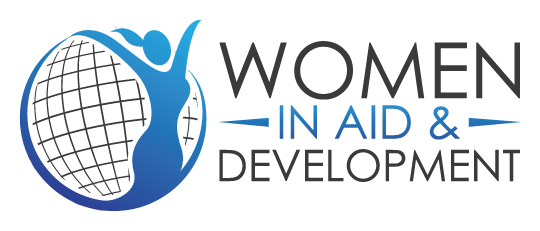Melbourne WiAD Event July 18th - Intersectionality in Practice
In the diverse and complex world of aid, development, and humanitarian work, we must understand the concept and importance of intersectionality and how people’s lives are shaped by their identities, relationships, and social factors. These create intersecting forms of privilege and oppression depending on a person’s context and existing power structures such as patriarchy, ableism, colonialism, imperialism, homophobia, and racism.
In the diverse and complex world of aid, development, and humanitarian work, we must understand the concept and importance of intersectionality and how people’s lives are shaped by their identities, relationships, and social factors. These create intersecting forms of privilege and oppression depending on a person’s context and existing power structures such as patriarchy, ableism, colonialism, imperialism, homophobia, and racism.
In the diverse and complex world of aid, development, and humanitarian work, we must understand the concept and importance of intersectionality and how people’s lives are shaped by their identities, relationships, and social factors. These create intersecting forms of privilege and oppression depending on a person’s context and existing power structures such as patriarchy, ableism, colonialism, imperialism, homophobia, and racism.

